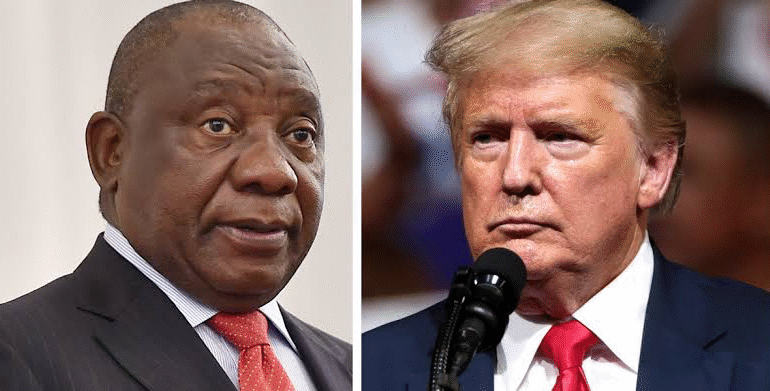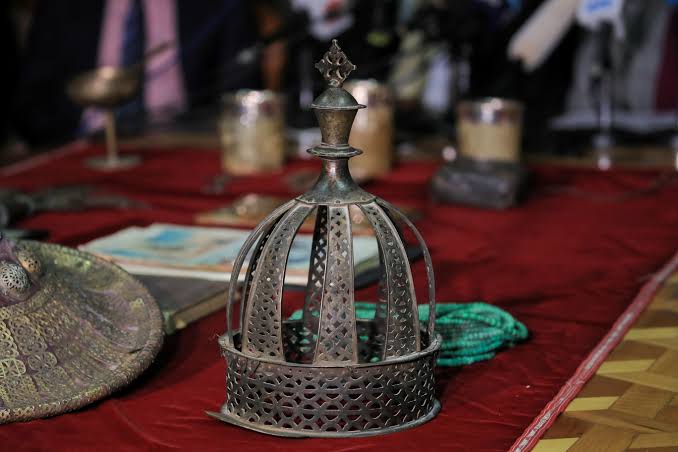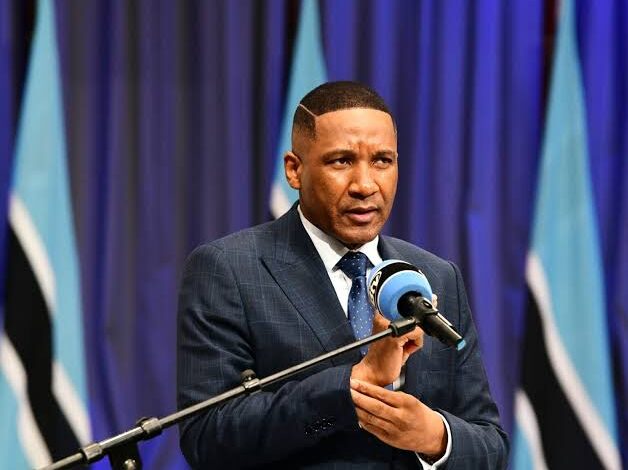
Faith Nyasuguta
Botswana has declared a national public health emergency following severe shortages of essential medicines and medical equipment, a crisis that threatens to overwhelm the country’s fragile healthcare system.
In a televised address on Monday, President Duma Boko outlined a multimillion-dollar emergency plan to restore supplies, announcing that the military would oversee distribution to ensure efficiency and reach even the most remote communities. He warned, however, that managing the shortages would be “highly price sensitive due to our limited coffers.”
Botswana, a nation of 2.5 million people, has long been regarded as one of Africa’s most stable economies, built primarily on diamond wealth. But a downturn in the international diamond market, combined with cuts in U.S. aid, has placed heavy strain on public finances. Rising unemployment and poverty have added to the pressure, leaving the health sector especially vulnerable.
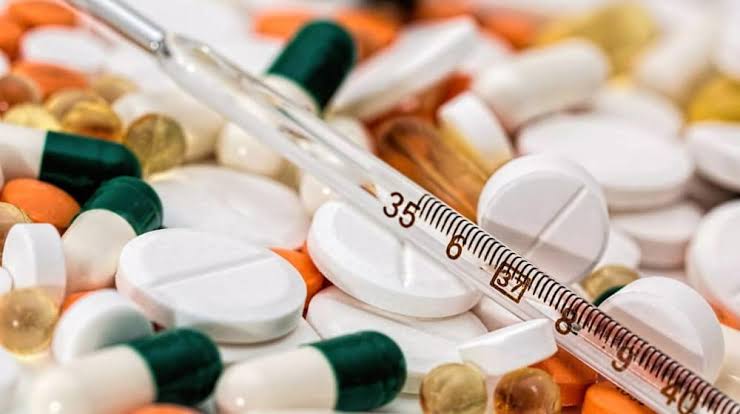
“The work shall remain nonstop until the entire value chain of procurement has been fixed,” Boko said, pledging that his government would not rest until the crisis is resolved. To back this up, the finance ministry approved 250 million pula ($18.3 million) in emergency funding to purchase medicines and repair the procurement system.
The president, a 55-year-old Harvard-trained lawyer, swept to power last year after his Umbrella for Democratic Change party ended 58 years of single-party rule. At the time, he promised to diversify Botswana’s economy away from diamonds, but the unfolding health crisis has quickly become a defining challenge of his young presidency.
Earlier this month, the Ministry of Health revealed that it was grappling with debts exceeding 1 billion pula ($73 million), much of it from private hospital admissions for services unavailable in the public system. Health Minister Dr. Stephen Modise listed shortages of critical drugs for cancer treatment, HIV management, and tuberculosis among the most alarming gaps.
The cuts to U.S. aid under President Donald Trump have worsened the problem. For years, Washington funded a third of Botswana’s HIV response, according to UNAIDS. Now, with that support reduced, the country is struggling to maintain services for its large HIV-positive population.
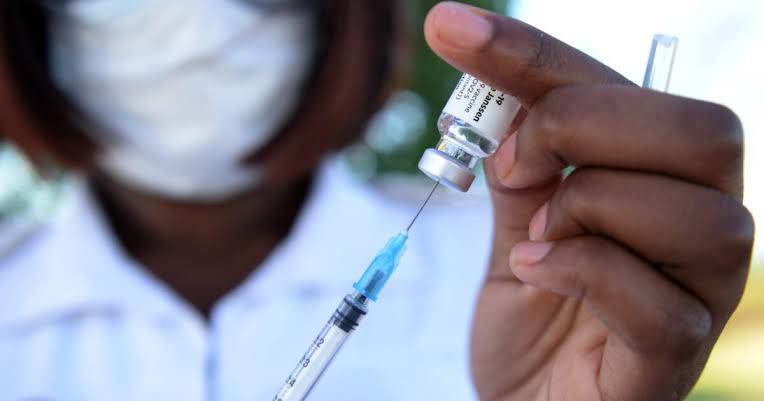
The strain has already forced the ministry to suspend referrals for elective surgeries and non-urgent conditions, including organ transplants. “I have no doubt that soon, very soon, we will overcome. This is definitely not insurmountable,” Dr. Modise said, striking an optimistic tone despite the challenges.
As part of the emergency response, military trucks loaded with medicines and supplies rolled out of the capital, Gaborone, on Monday, with the first deliveries expected in remote regions by evening.
But humanitarian agencies are sounding the alarm. UNICEF has urged “urgent action” to protect the health and future of Botswana’s children. In towns like D’Kar, it said, malnutrition is already a daily struggle. “The president’s call underscores what we witness on the ground,” the agency noted.
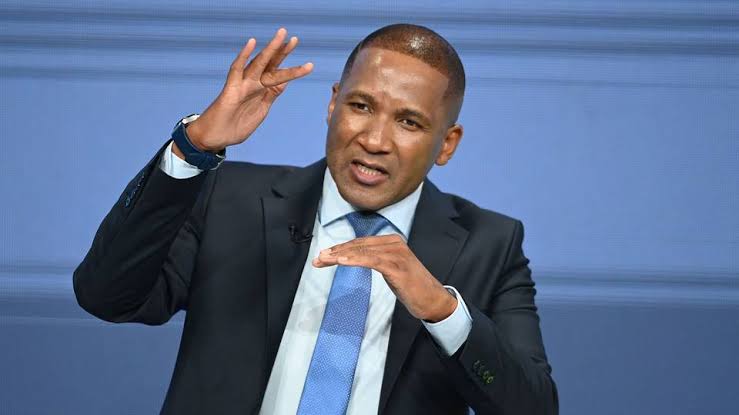
For President Boko, the crisis represents both a test and an opportunity: a chance to show strong leadership at a moment of national vulnerability. Whether his government’s swift response can avert catastrophe will determine not only the health of millions of Batswana but also the credibility of his young administration.
RELATED:






